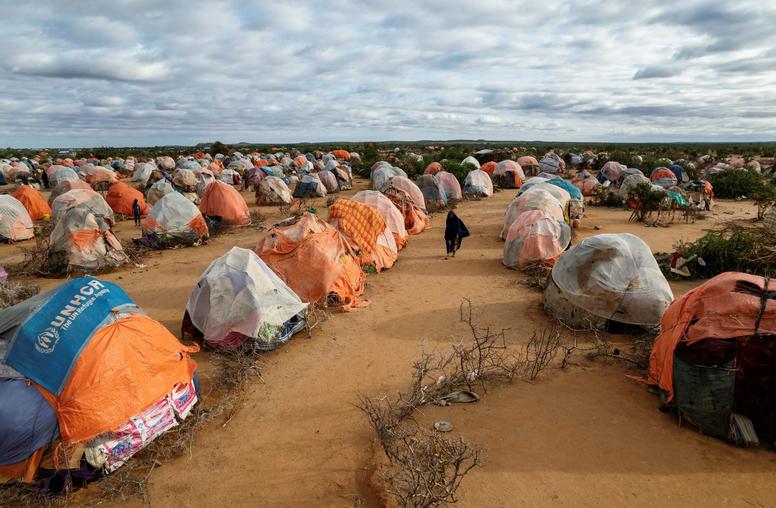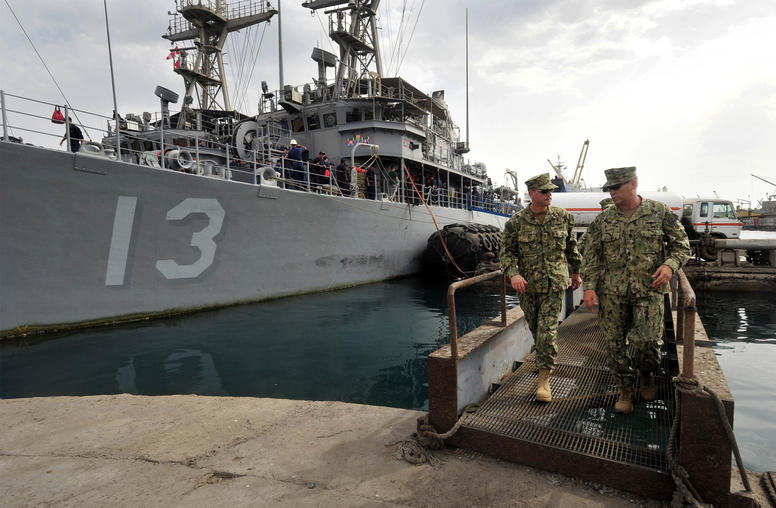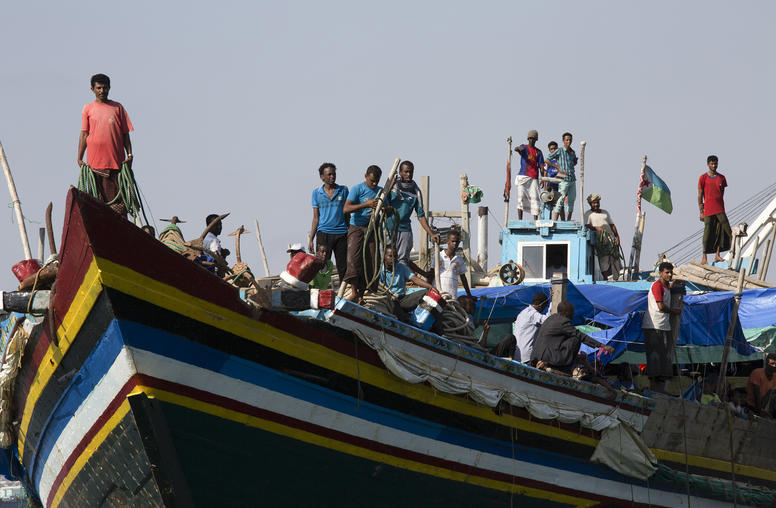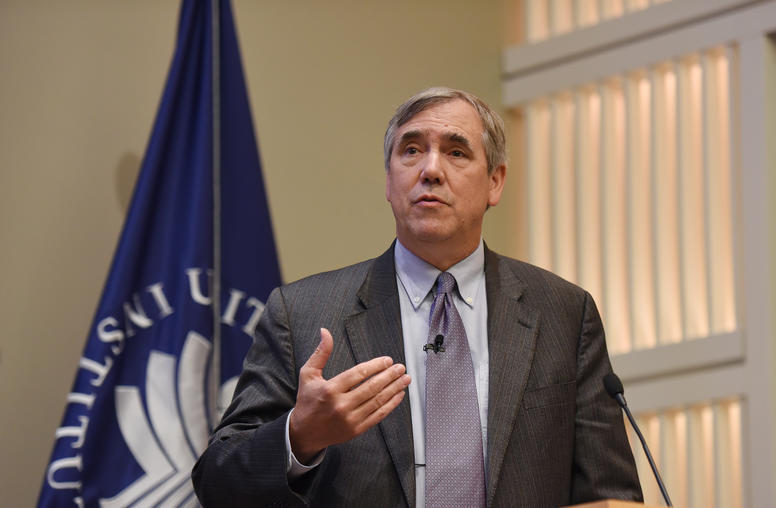USIP’s Growing Training of African Peacekeepers Set to Continue
The U.S. Institute of Peace (USIP) has been expanding its training of African peacekeepers in 2012 above that in past years, and USIP’s unique role in this State Department-led program will be continuing at this new, faster pace.

The U.S. Institute of Peace (USIP) has been expanding its training of African peacekeepers in 2012 above that in past years, and USIP’s unique role in this State Department-led program will be continuing at this new, faster pace.
State and USIP signed an inter-agency agreement last month that means the Institute’s Academy for International Conflict Management and Peacebuilding will continue to provide African military units that are headed for peacekeeping work in such conflict zones as Darfur, Somalia and Cote d’Ivoire with vitally needed training in peacebuilding and conflict management—strengthening their ability to handle tense and unpredictable situations without a resort to violence. The overall training effort is known as ACOTA, the African Contingency Operations Training and Assistance program.
“The agreement demonstrates the satisfaction of the State Department with the quality and depth of the training provided,” said Ted Feifer, a senior program officer with the Academy who manages its partnership with ACOTA.
USIP’s trainings have been steadily growing since Academy personnel first joined in the training in 2008. By the end of 2012, the Institute expects to have conducted 19 trainings this year with about 650 students who come from the militaries of 10 African nations—the most ever. So far this year, more than 500 students have received USIP instruction in 15 separate sessions, each of which typically lasts three to five days. USIP’s part in the ACOTA trainings draws on the work of about 20 Institute and outside specialists.
“We’re giving practitioners the skills to be more effective at what they’re assigned to do. It gives peacekeepers more tools to deal with real-life situations, such as disputes at checkpoints, that could go violent,” Feifer said.
The curriculum USIP uses for the peacekeepers continues to evolve and has taken on more focus on international responsibilities to try to protect civilians, said Feifer, but most of it reflects bread-and-butter training from the Academy. “This is the core of what we’ve always done—negotiations training. It’s the basis for all the things we do,” he said.
Alison Milofsky, a senior program officer at the Academy who has taught ACOTA sessions in such countries as Togo, Benin and Tanzania, calls the African peacekeepers “a motivated audience.” Said Milofsky, “Across countries, these soldiers want as much information and as many practical exercises as we can provide. They understand that peacekeeping requires skills that their military training has not given them, and they recognize that communication, negotiation and mediation may save their lives and the lives of the civilians they are meant to protect.”
And USIP instructors bring in an important piece of the training that is not supplied elsewhere. “We’re providing consistent instruction—conflict, what it is, how to avoid it, how to deal with it without using your weapon,” said Nina Sughrue, another senior program officer involved in the ACOTA work. “The students generally are not getting this type of instruction elsewhere. The rest is military-related training.”



